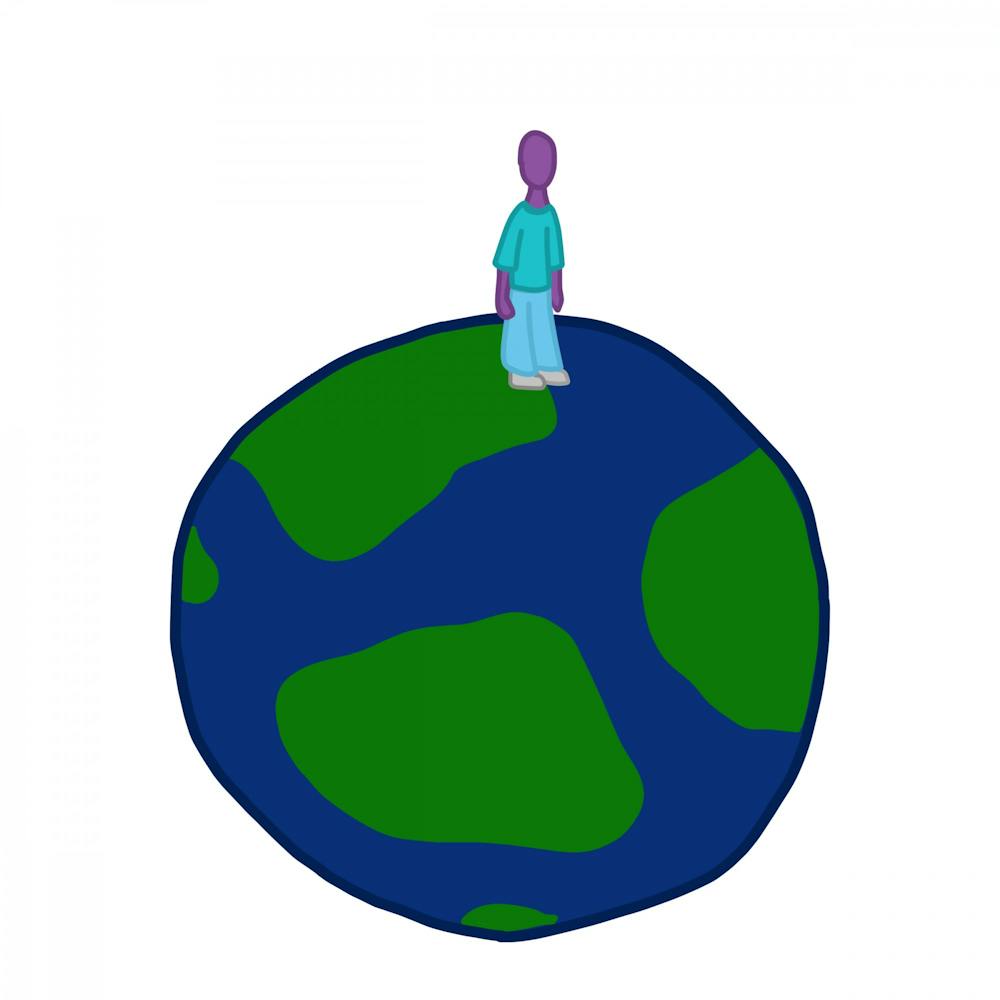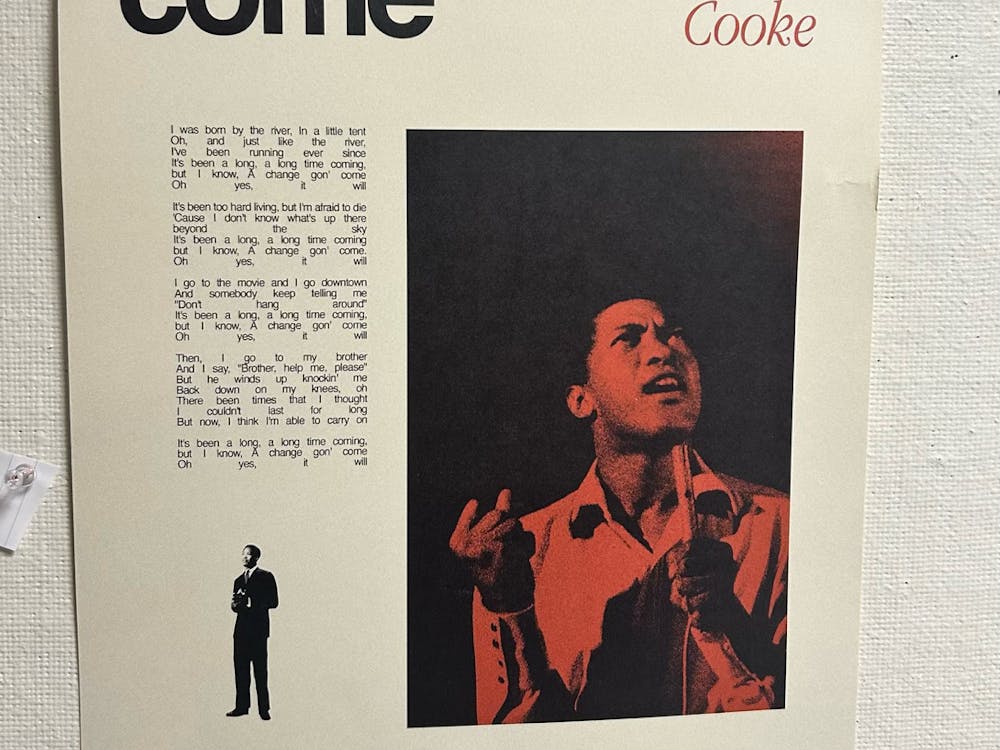I am a history buff. Lucky for me, I am not the only student here that has adopted historical research as a pastime. To quote Mark Twain, “History doesn’t repeat itself, but it often rhymes.” The past can thus serve many purposes, and for our contemporary world, the best we can do is, well, learn from it.
The problem arises when we don't.
Coming into 2020, I arrived with a renewed desire for real, meaningful change — not only for me, but for the rest of the world. However, we've been off to a rough start. The carbon budget is ever diminishing, and our country's administration has approved more trade deals and slashed regulations that could potentially lower it even more, putting us at a higher risk of swirling deeper into the climate crisis that we have been facing ever since the start of the Anthropocene. For me, this takes place hundreds of years ago, when a group of European settlers decided that their wants were much more important than the needs faced by the occupying inhabitants, both human and not, of the conquered regions.
Arguably, we’ve gone downhill since then. Yes, we've managed to create wonderful things like refrigerators and the internet and anime, but what good are these innovations on a dying planet? The goods that we've created — the goods that we consume unconsciously on a weekly basis that bring us a brief moment of joy — form part of our Western privilege and are part of something much, much larger than we can imagine. Hear me out.
A carbon footprint calculator online estimates that an average person living in the U.S. (such as I) has adopted lifestyles that require the resource equivalent of two to four earths, more or less. If we take a giant oil company like Exxon Mobil, however, you’re bound to find that their carbon footprint readily exceeds that of the average person. Corporations have, for generations, seized control of national economic interests while relying heavily on environmental degradation. Although they seem relatively new, the damage they are causing is far larger than what you and I can fathom in our imaginations combined.
Now try to compare their impact to yours. If we all treated the earth the way Exxon and other large corporations do, namely companies like Fiji, Johnson & Johnson, H&M and even some companies that promote sustainability, we would probably need over a hundred earths to sustain the practices that they actively encourage. These are the same companies that put out ads describing their “green” campaigns, the slogans that promote “sustainability” while they cover their senses with large checks and appease opposition with designer leather and conveniently packaged food. These are the same companies that will later pay their way into our own government and lobby for their own selfish interests.
Ecology anxiety is real. I've experienced it far too often these past years to understand it. It is far too unreasonable to allow these large entities to take over our world. It is far too unreasonable that millions in this country are forced to travel miles to find food that hasn't been sprayed a dozen times with chemicals, packaged in three different layers of plastic, or mass produced for convenience. It is far too unreasonable that while lower- and middle-class families debate over their finances in order to pay for their utilities and basic necessities, the rich are making money off of selling the earth's resources in a plastic bottle. It is far too unreasonable that we are at the turn of the 21st century and people are still being guilted into enduring the blame that comes from being forced into a consumerist society when we have little to no say in what goes on above us. Is it fair that while we desperately remove all plastic, meat, and disposable items from our lives, these companies keep making money off the lives of the indisposed?
So who's to blame? Good question, simple answer: Everyone is — but the bigger question is that of power. We must take this power back. We must not negate the positive impact that has been made through individual choice and action against the larger enemies that seek to separate and divide us for profit. If we recall, the Snowball Earth hypothesis proposes that a slow cooling of the earth allowed the atmosphere to lower its temperatures just enough to freeze the earth’s surface. We have to act like Snowball Earth — we have to make sure that everything we do counts towards our end goal.
You opted for a glass-bottled juice rather than plastic? That mattered. You partook in a protest that was no larger than the size of a classroom? That mattered. You chose to reuse that CVS bag because you forgot your reusable bag? That mattered too.
Oftentimes we let our guilt and fear take control, but not this time. We have to use it to our advantage, we have to take action without fear, with relentless and with perseverance because if anyone is going to save our Mother Earth, it's — you guessed it — you.





